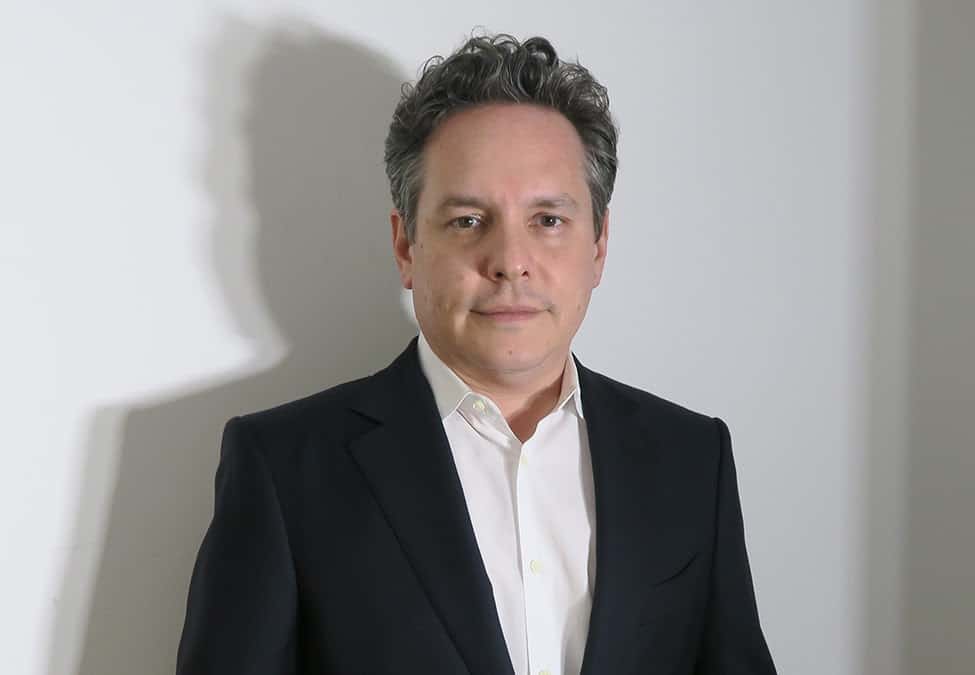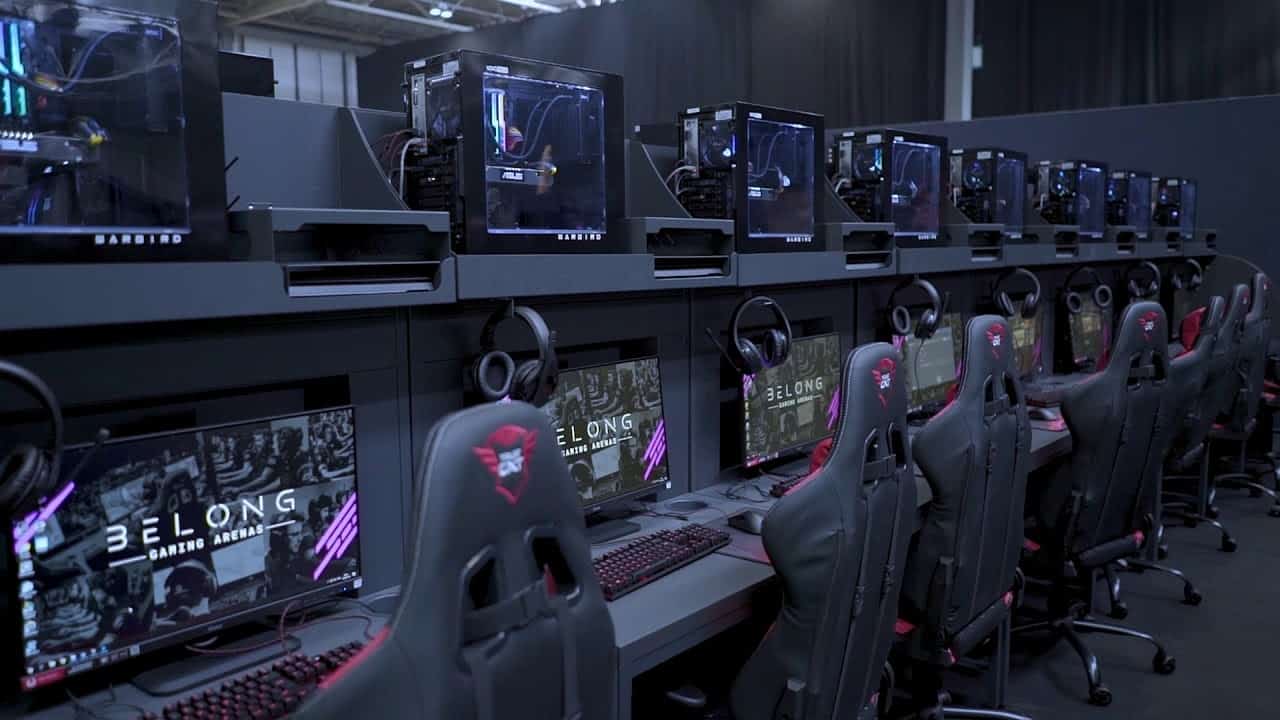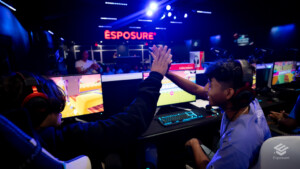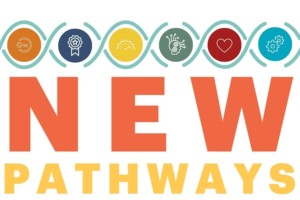Mike Sepso on Esports and STEM Pathways

Almost half of America is gaming during the pandemic. Gaming is bigger than music and movies combined. This year video game revenues will likely top $170 billion this year.
When gamers aren’t playing, they are increasingly watching other gamers. The percentage of gamers that earn a living playing in tournaments is small but growing–esports are probably a $1 billion business.
Mike Sepso is widely considered the godfather of esports. In 2002 he launched Major League Gaming. In 2015, he sold the company to game maker Activision. Last year he launched Vindex to provide infrastructure to the esports industry.
Vindex raised about $80 million to build out infrastructure solutions for leading game publishers, esports leagues, corporate sponsors, and fans around the world. Vindex was formed with three goals: build the worlds largest esports solution provider, 2) develop an amateur feeder system with connectivity to pro leagues and 3) utilize data to drive monetization and decision making. In most sports it’s advertising that pays the bills and that’s the big opportunity.
In July, Vindex bought Belong Gaming Arenas from London based GAME Digital. Vindex plans to open more than 500 Belong locations in hometowns across America, and another 1,000 locations outside of the U.S. over the next five years.

Esports doesn’t act like a traditional sports business–game developers have a lot to say. In esport, the playing field is the intellectual property, and it’s owned by game developers. As a result, it’s not likely you’ll see $4 billion esports franchises (like the New York Knicks, New England Patriots or Manchester United) in the near future.
Sepso appreciated that Belong locations, like local baseball diamonds, had developed a community around gaming competitions –the Little League of esports. They were the cyber cafes of South Korea where esports originated.
“You can practice skills by yourself but you can’t practice teamwork and competition–and that’s what creates superstars,” said Sepso.
In the UK, the Belong locations include 70 to 110 gaming stations in about 5000 square feet (about the size of a Panera Bread location).
Schools in esports?
In July, Wichita Public Schools approved the purchase of 320 gaming desktop stations and enrollment of five high schools in eSports leagues. District CIO Rob Dickson said the program will help students build strategy skills and promote social skills. Wichita State is providing training and implementation support.
A growing number of high schools and colleges sponsor esports teams. The cancellation of spring athletics and postponement of the fall season by many conferences has sparked even more interest in esports.
The National Association of Collegiate Esports (NACE) includes 170 member institutions representing 5000 student competitors. They held a virtual conference in July. The Big 12 Conference hosted its first virtual esport event last month–a Madden NFL 20 competition.
Streaming giant Twitch is planning an esports league for HBCUs in partnership with Cxmmunity, an Atlanta nonprofit focused on increasing minority participation in gaming and esports.
A survey of a few hundred high schools and colleges a year ago suggested that 70 percent are considering starting an esports program. Cited goals included improved campus experience for students and STEM learning. Interest is probably even higher this year but the budget disaster is likely to dampen investment.
Sepso agrees schools should pay attention to gaming because that’s what kids are doing, but he doesn’t think that’s where school resources should go. He’d rather see schools push STEM education and partner with a Belong location–one soon to be in your neighborhood.
Key Takeaways:
[:10] About today’s episode.
[1:06] Tom welcomes Mike to the podcast.
[1:11] Having been at the heart of esports for nearly 20 years, would Mike say that he’s always been
a gamer?
[1:35] The history of when and how esports emerged out of the video game market.
[3:35] The origin story behind Mike’s founding of Major League Gaming.
[7:11] How Mike thinks about the global gaming market today and why he believes gaming has
become so big, so fast.
[11:48] The mission behind Mike’s new company, Vindex, and some of the history behind esports.
[18:50] The three-pronged strategic approach they’re taking with Vindex.
[22:52] Mike shares about their exciting acquisition of Belong Gaming Arenas as well as why they
wanted to acquire them.
[31:50] Where these gaming arenas will be placed and how big they will be.
[33:40] Is esports a viable career path? And what role can or should high schools and colleges play
with regards to esports?
[37:52] How will esports impact communities? Should economic directors be thinking about
esports or working it into their plans?
[39:38] How big is the market of esports? Where does Mike see it a couple of years from now?
Mentioned in This Episode:








0 Comments
Leave a Comment
Your email address will not be published. All fields are required.